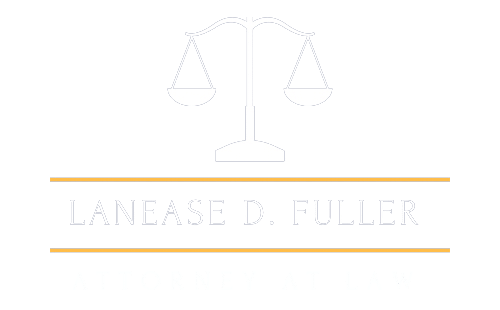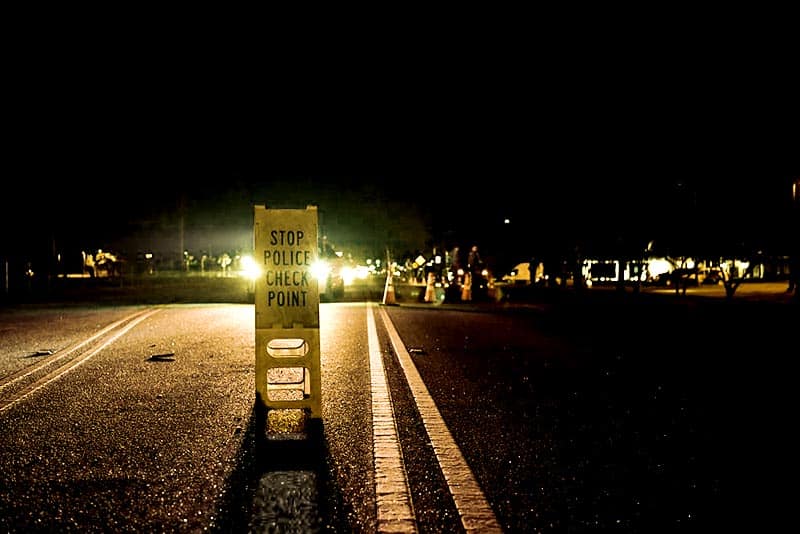Driving under the influence is a major offense in the state of Texas, Whenever you are approaching a DUI checkpoint signs of intoxication such as odor of alcohol or drunk driving behaviors can cause police officers to request a breath test from you. It is important to stay calm and cooperate with police officers in order to avoid complicating the situation. If you end up being asked to submit to a breathalyzer and have drank alcohol, consider refusing the test and contacting a DUI attorney such as Lanease Fuller.
Whether you have had one, none, or a few too many drinks to be behind the wheel the following are tips on how to handle a DUI checkpoint:
Tips on Behavior
Many drivers may be stopped at sobriety checkpoints even if no impaired behavior has been observed. In some instances, this is to obtain a clear visible inspection. In other situations, these stops are to recheck what may have been a misjudgment. It is vital to remain calm and refrain from behaving in a guilty manner. When being pulled over, it is important to provide a good interaction with the law enforcement agent. All behavior observed during the stop may be used as evidence if charges are issued.
Stay Calm and Peaceful
A driver should not panic once he or she has been pulled over. Even when a driver feels afraid, it is important to act polite and speak in clear sentences to the officer. License and registration are asked for, so it is wise to have these items easily available or within easy reach.
If for any reason the police officer requests the driver to step out of the car, he or she should do so as requested. The operator of the vehicle should calmly and confidently exit the car without leaning on it. The leaning may be construed as impairment.
Learn and Protect the Driver’s Rights
Many entitled rights should be considered when the driver has been stopped at a DUI checkpoint. Officers often tend to request the previous destination and future destination of the driver and passengers. Even if speech is nervous or someone may stutter a bit, the officers tend to understand the strain individuals are under and know some things are said unnecessarily.
The license and registration are required for the officer, but generally no questions have to be answered beyond identifying the driver. Generally, a driver does not have to answer questions such as whether or not he or she has been drinking, where he or she was, where he or she is going currently or later or other related questions. Other probing questions may be asked. If these are answered, the answers may be used as evidence if a trial is necessary. The driver may explain to the officer he or she is utilizing the right to remain silent.
Field Sobriety Tests
At many checkpoints set up for DUI violations, field sobriety tests are administered. In many states, the driver is entitled to refuse to perform these. Though, this may be an indirect disclosure of guilt, the tests may be refused in total or singularly. Because many states do not require these tests to be taken, police may not force a driver to perform them. However, in many cases, failure is used as evidence during a trial for DUI violations.
If refusal of a field sobriety test results in arrest, a lawyer may be obtained. However, a chemical test is then usually required at the law enforcement station. These are usually breath or blood tests. Some states may have urine tests as well. A lawyer may be present during these tests in most instances. Many states have no refusal laws that criminalize the refusal of chemical tests. If refusal is met, a driver’s license is often suspended pending further action.
Experienced DUI Attorney in Houston, Texas
Attorney Fuller is a seasoned attorney with nearly three decades of experience representing a wide range of clients. This includes individuals who have suffered an injury due to another’s actions, individuals facing criminal charges, those who have been arrested for DWI, individuals who have found themselves in a civil litigation dispute, and those looking for legal guidance in business.
After filling out a client intake form, Attorney Lanease D. Fuller will take appropriate action in your case to help you get the results you are looking for. This includes but not limited to gathering evidence, going to trial, and earning a settlement that is appropriate for your specific situation. Reach out to us today to take the first step towards settling your case.
LANEASE D. FULLER LAW
4615 S. Frwy St. 820
Houston, TX 77051
713-439-7400
View our Google Listing


